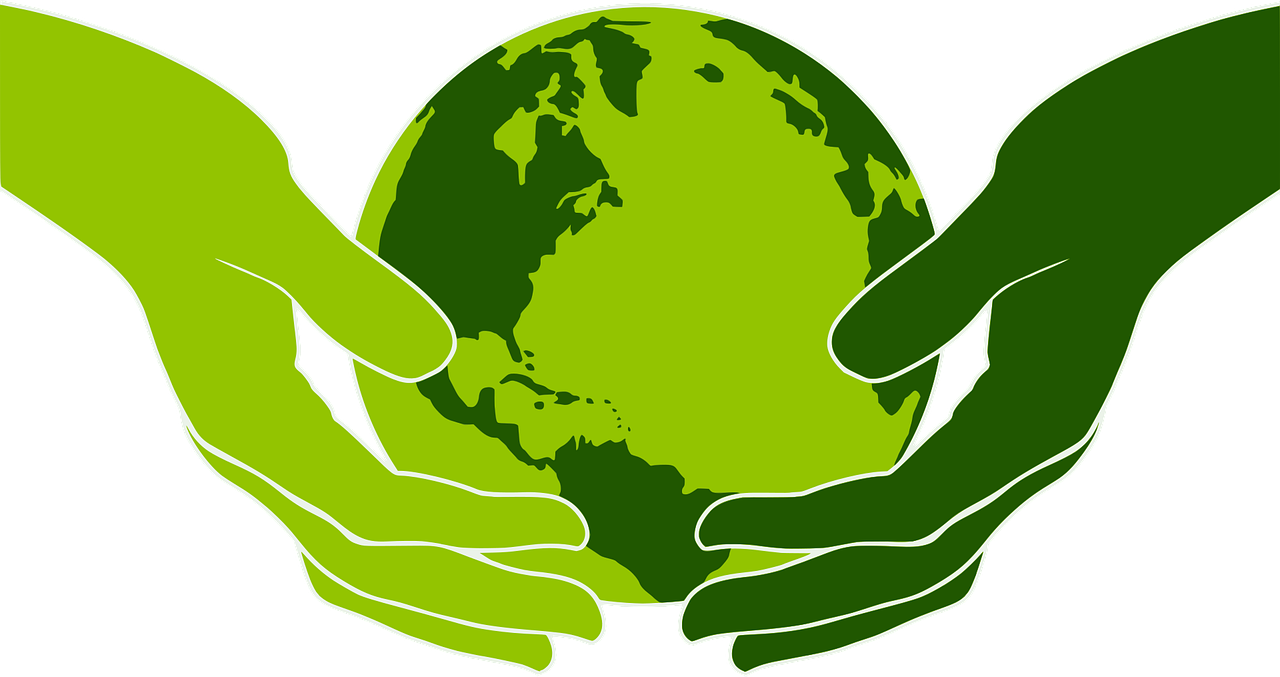
403
Sorry!!
Error! We're sorry, but the page you were looking for doesn't exist.
Africa demands action, not promises at COP30 Climate Talks
(MENAFN) Africa is heading into the 30th UN Climate Change Conference (COP30) in Belem, Brazil, with a clear message: “Africa’s ambition is not in question, and what remains missing is delivery,” according to reports. The continent is calling for urgent global action as it continues to face devastating climate impacts, from floods and droughts to rising sea levels, despite contributing less than 4% of global emissions.
A decade after the Paris Agreement, COP30—billed as the first “Implementation COP”—carries high stakes for African nations. The continent is pressing for concrete results, including real financing, a fair transition, and formal recognition of its vulnerabilities. Reports indicate that Africa’s climate adaptation needs are estimated at $70 billion per year, yet it received only $14.8 billion in 2023. Loss and damage costs could reach between $290 billion and $440 billion from 2020 to 2030. African countries are calling for a tripling of adaptation funding and the creation of a transparent mechanism to assess evolving needs beyond 2030, emphasizing the importance of public, non-debt financing.
The conference will also focus on the Just Transition Work Program and the Technology Implementation Program (TIP). African nations want climate action to be both inclusive and equitable, expanding energy access, supporting industrial growth, creating jobs, and boosting resilience. Reports suggest that TIP should provide affordable, locally adapted climate technologies, remove patent barriers, encourage regional manufacturing, and turn Africa into a producer rather than just a consumer of clean tech.
Amid rising concerns over unilateral climate trade measures by developed nations, such as the EU’s Carbon Border Adjustment Mechanism, African countries are pushing for these issues to be formally debated at COP30. One major goal is to implement Article 9.1 of the Paris Agreement, which obliges developed nations to provide financial support for mitigation and adaptation. Reports also emphasize the need to formally recognize Africa’s “special needs and circumstances” within the UN climate framework, reflecting the continent’s disproportionate exposure to food insecurity, water stress, public health risks, and economic disruption.
A decade after the Paris Agreement, COP30—billed as the first “Implementation COP”—carries high stakes for African nations. The continent is pressing for concrete results, including real financing, a fair transition, and formal recognition of its vulnerabilities. Reports indicate that Africa’s climate adaptation needs are estimated at $70 billion per year, yet it received only $14.8 billion in 2023. Loss and damage costs could reach between $290 billion and $440 billion from 2020 to 2030. African countries are calling for a tripling of adaptation funding and the creation of a transparent mechanism to assess evolving needs beyond 2030, emphasizing the importance of public, non-debt financing.
The conference will also focus on the Just Transition Work Program and the Technology Implementation Program (TIP). African nations want climate action to be both inclusive and equitable, expanding energy access, supporting industrial growth, creating jobs, and boosting resilience. Reports suggest that TIP should provide affordable, locally adapted climate technologies, remove patent barriers, encourage regional manufacturing, and turn Africa into a producer rather than just a consumer of clean tech.
Amid rising concerns over unilateral climate trade measures by developed nations, such as the EU’s Carbon Border Adjustment Mechanism, African countries are pushing for these issues to be formally debated at COP30. One major goal is to implement Article 9.1 of the Paris Agreement, which obliges developed nations to provide financial support for mitigation and adaptation. Reports also emphasize the need to formally recognize Africa’s “special needs and circumstances” within the UN climate framework, reflecting the continent’s disproportionate exposure to food insecurity, water stress, public health risks, and economic disruption.

Legal Disclaimer:
MENAFN provides the
information “as is” without warranty of any kind. We do not accept
any responsibility or liability for the accuracy, content, images,
videos, licenses, completeness, legality, or reliability of the information
contained in this article. If you have any complaints or copyright
issues related to this article, kindly contact the provider above.


















Comments
No comment